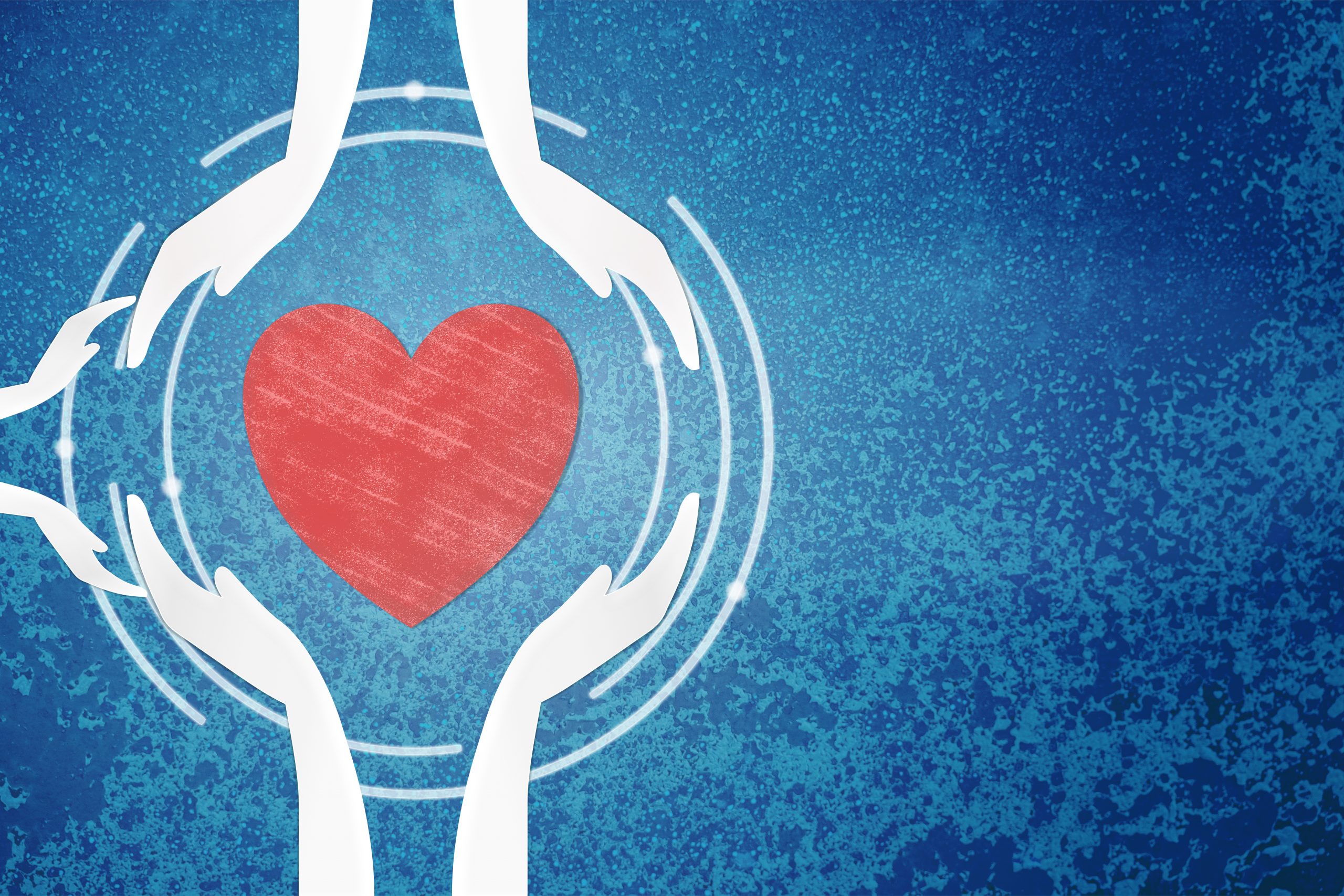Estimates indicate that in Australia approximately 50,000 women suffer from a heart attack or other acute coronary events each year.
While this statistic is a cause for concern, a world-first international study is set to change the way we understand heart attack in women and to shed light on the genetic differences arising between men and women at high risk of having a heart attack.
“This has blown the doors open and created a whole new way of understanding why coronary disease is different in men and women,” says Victor Chang Cardiac Research Institute’s Executive Director, Professor Jason Kovacic, who is among the core team of scientists in the ground-breaking study.
“The results of this study will lead the way forward to potentially develop more sex-specific medical therapies, and tailored treatments unique to women, down the track.”
In total, 160 women and 160 men with advanced atherosclerosis of the heart arteries participated in the comparative study.
A range of blood, tissue and cell samples were taken from each patient and used to identify the key gene networks involved in coronary heart disease.
So exciting are the findings reportedly, that the paper was fast-tracked to be one of the feature articles in the Fifth Annual Go Red for Women Issue of the scientific journal Circulation.
“We are very excited about this study as it literally opens up a whole new field of research – into [gene] networks and how these are different in women versus men. It gives profound insights that weren’t there before,” says Professor Kovacic.
The team was led by Hester den Ruijter from Utrecht University, and Johan Björkegren from Mount Sinai Medical Centre in New York and also the Karolinska Institute in Sweden whose STARNET (Stockholm-Tartu Atherosclerosis Reverse Network Engineering Task) bio-bank study underpinned the new data advancement.
“We know that cardiovascular disease is the leading cause of death around the world, and around 50 Australian women have a heart attack every day. So, we’re really excited about how this study will now be utilised, and where it will progress to, next.
“We are now getting a snap-shot look at some of the core mechanisms of the number one killer of society. It’s a pretty rare moment when you get profound insights like this,” says Professor Kovacic.
For more information about the study, visit: ahajournals.org/doi/10.1161/CIRCULATIONAHA.120.051231










